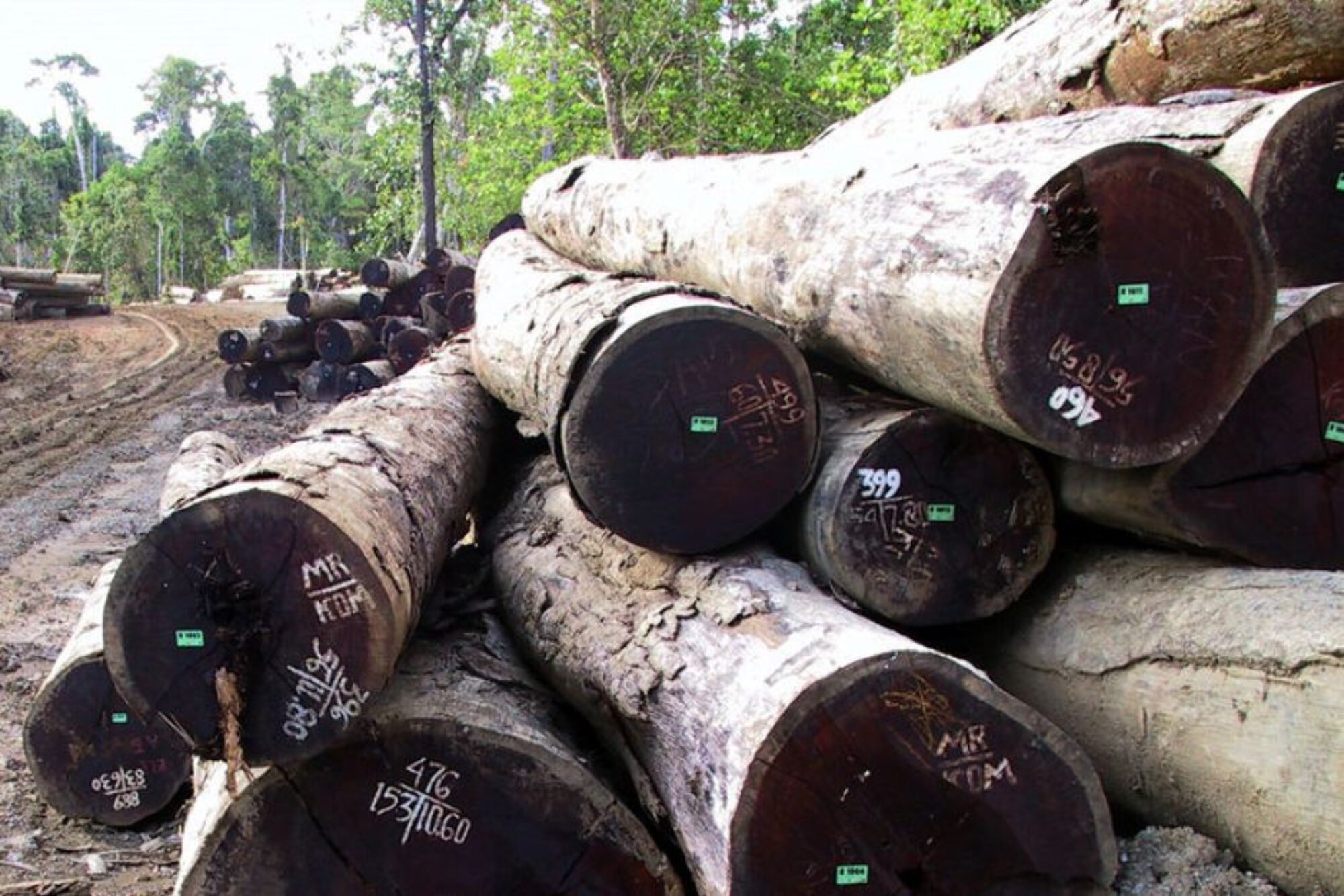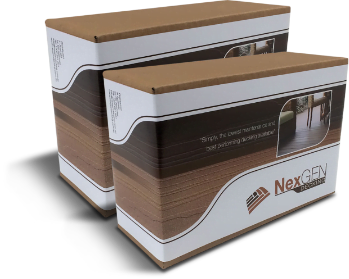The demand for Merbau decking in Australia, New Zealand, the US, Europe and other markets is driving Merbau to commercial extinction. A Greenpeace report notes the world’s supply is severely depleted and what remains is at high risk of extinction in the wild. “Within a decade, Kwila hardwood forests will no longer exist,” says environmental advocate Bustar Maitar, global head of Greenpeace’s Indonesian forest campaign. “The pressure on Merbau has increased over the last years. The forests can’t stand the pressure.” The World Bank projects that 70 percent of Merbau logging is illegal.
Today Merbau hardwood, also known as Kwila, only exists in significant commercial quantities on the island of New Guinea, where virtually all of it is illegal. The overall timeline for endangered trees is more drawn-out than other endangered species since trees are extremely long-lived. Since it takes several decades or even centuries for a single generation, the hardwood forest will disappear very soon if the current pace of logging continues. Tropical rain forests cover six percent of the planet but hold 50 percent of all known organisms on Earth. And, half the world’s tropical forests are already depleted.
The natives of New Guinea struggle to hunt and fish, trekking miles to find food that was close by until logging arrived. They worry about what the next generation will eat. And, more urgently, they worry about the water. Because streams are now contaminated, natives are getting malaria, leprosy and elephantiasis of the legs, illnesses very common in logging areas. And, despite a trickle of income from the timber industry, more than a third of the children are underweight by their fifth birthday.
Consider environmentally sustainable composite timber deck boards.

Human right activist groups, such as the Rainforest Action Group and the Indonesian Human Rights Committee (now the Asia-Pacific Human Rights Coalition) have raised the issue with retailers. Companies are reluctant to provide too many details about the source of their wood. Information is sketchy. Nevertheless, more consumers are beginning to ask where their wood comes from, pressuring retailers to sell products certified as being from responsible sources.
The World Conservation Union’s (IUCN) Red List of Threatened Species has categorised Merbau hardwood as “facing a high risk of extinction in the wild.” People purchasing Merbau products should be aware that they are buying a product under severe threat!
Contact Us
Contact us for alternative decking options for responsible consumers. Our capped composite decking is is crafted from 60% recovered hardwood fibre and 40% UV-stabilised high-density polyethylene.
Products
Gallery
Contact
Direct Office Numbers
Adelaide – (08) 6316 0469
Brisbane – (07) 3041 6065
Melbourne – (03) 8672 6444
Sydney – (02) 8072 6220

